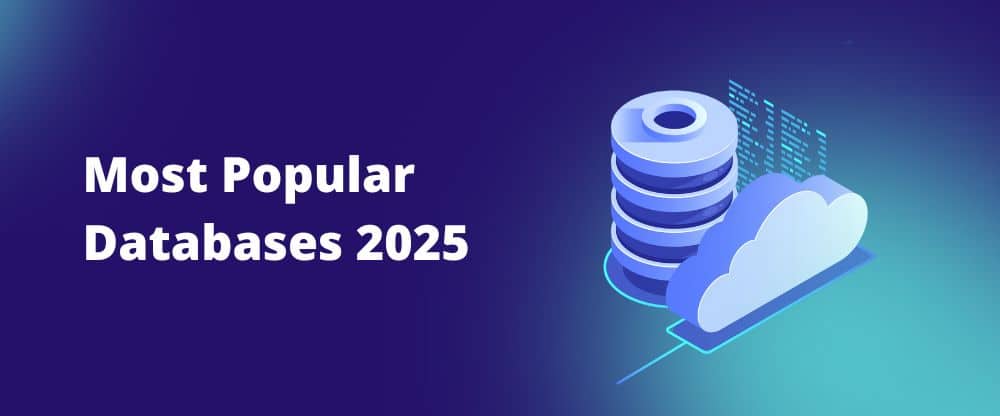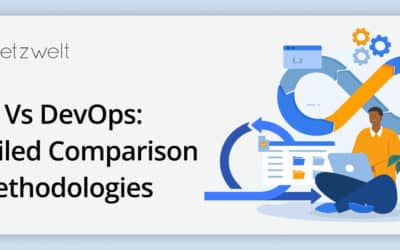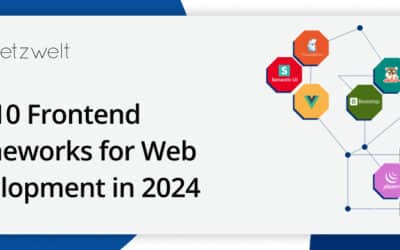Summary of the Article
Have a project in mind?
Schedule a CallMost Popular Databases 2025
Summary of the Article
It’s 2025, and data is everywhere—powering apps, websites, and even the gadgets we use daily. Behind the scenes, databases are working hard to keep everything running smoothly, whether it’s helping your favorite streaming service suggest what to watch next or making sure your online orders arrive on time.
But not all databases are the same. Some have become the favorites because they’re faster, smarter, and can handle massive amounts of information without breaking a sweat. These are the databases that developers and businesses rely on every single day.
So, which ones are the most popular this year? Let’s take a look at the databases everyone’s talking about and why they’ve become the top choice for managing the world’s data.
PostgreSQL

Type: Relational Database
Overview: An open-source database that’s loved for its robustness and advanced capabilities. PostgreSQL is often the first choice for developers seeking a feature-rich relational database.
Why It’s Popular in 2025:
-
Combines relational and NoSQL features, providing flexibility for modern applications.
-
Excellent scalability for handling massive datasets, including support for distributed clusters.
-
A thriving community ensures continuous improvements and innovations.
What Sets It Apart:
Its ability to handle structured and semi-structured data makes it ideal for hybrid-use cases like analytics and AI applications.
MongoDB

Type: NoSQL, Document-Oriented Database
Overview: MongoDB is the go-to database for unstructured and semi-structured data, offering flexibility and scalability for modern app development.
Why It’s Popular in 2025:
-
Its schema-less design allows developers to adapt quickly to changing data needs.
-
Integrated Atlas cloud platform ensures seamless scaling and deployment.
-
Enhanced support for real-time analytics and AI/ML applications.
What Sets It Apart:
MongoDB excels at managing dynamic and rapidly evolving datasets, making it perfect for industries like retail, gaming, and social media.
Snowflake

Type: Cloud Data Warehouse
Overview: Snowflake remains a leader in cloud-native databases, offering unmatched performance for data analytics and warehousing.
Why It’s Popular in 2025:
-
Multi-cloud compatibility supports AWS, Azure, and Google Cloud.
-
Separates storage and compute, providing flexibility and cost efficiency.
-
Enhanced collaboration features for data sharing across organizations.
What Sets It Apart:
Its focus on real-time analytics and seamless scalability makes it indispensable for data-driven decision-making in businesses.
Redis

Type: In-Memory Key-Value Store
Overview: Redis is known for its blazing-fast performance, making it the top choice for real-time applications and caching needs.
Why It’s Popular in 2025:
-
Provides sub-millisecond response times for applications requiring real-time data access.
-
Built-in AI/ML modules enhance its utility in cutting-edge use cases.
-
Highly scalable and fault-tolerant for global deployments.
What Sets It Apart:
Redis is unmatched in speed, making it the backbone of apps needing instant responses, like gaming and recommendation engines.
Google BigQuery

Type: Serverless Data Warehouse
Overview: A fully managed, serverless database optimized for big data analytics and machine learning workloads.
Why It’s Popular in 2025:
-
Cost-efficient pay-as-you-go model is ideal for businesses of all sizes.
-
High-speed querying and data ingestion enable real-time insights.
-
Seamless integration with Google’s AI and analytics ecosystem.
What Sets It Apart:
BigQuery’s simplicity and power make it a top pick for enterprises looking to harness big data.
Neo4j

Type: Graph Database
Overview: Neo4j specializes in graph-based data storage, making it perfect for analyzing complex relationships and connections in data.
Why It’s Popular in 2025:
-
Advanced algorithms for real-time graph analytics.
-
Widely used in fraud detection, recommendation systems, and social network analysis.
-
Scalability improvements ensure enterprise adoption.
What Sets It Apart:
Its focus on relationship-driven insights and intuitive query language (Cypher) makes it indispensable for graph-based use cases.
Cassandra

Type: NoSQL, Column-Family Database
Overview: A distributed database designed for high availability and scalability, popular for applications needing uninterrupted performance.
Why It’s Popular in 2025:
-
Handles massive volumes of data with ease, even across multiple geographies.
-
Fault-tolerant architecture ensures zero downtime.
-
Popular in IoT and streaming applications where reliability is key.
What Sets It Apart:
Cassandra’s masterless design ensures unparalleled uptime and scalability for global deployments.
Microsoft SQL Server

Type: Relational Database
Overview: A long-standing enterprise database solution that continues to evolve with AI and hybrid cloud capabilities.
Why It’s Popular in 2025:
-
Enhanced security and compliance features make it a favorite in regulated industries.
-
AI-powered query optimizations improve performance for complex workloads.
-
Hybrid capabilities allow seamless integration with Microsoft Azure.
What Sets It Apart:
Its enterprise-grade reliability and integration with the Microsoft ecosystem make it indispensable for large-scale systems.
Elasticsearch
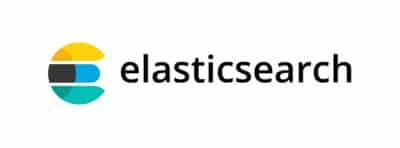
Type: Search Engine / Analytics Database
Overview: Elasticsearch is a distributed search and analytics engine designed to handle large volumes of textual and numerical data.
Why It’s Popular in 2025:
-
Delivers real-time search capabilities for e-commerce and web applications.
-
Scalable architecture supports big data and log management.
-
Integration with the Elastic Stack enhances visualization and analysis.
What Sets It Apart:
Its unmatched speed and precision for full-text search make it essential for search-driven apps.
Oracle Database

Type: Relational Database
Overview: Oracle remains a leader in enterprise databases, offering advanced transaction processing and security features.
Why It’s Popular in 2025:
-
AI-driven automation for performance optimization and maintenance.
-
Strong support for multi-model databases, including JSON and graph data.
-
Popular in finance, healthcare, and government sectors.
What Sets It Apart:
Oracle’s enterprise-grade reliability and cutting-edge features keep it at the forefront for mission-critical applications.
MySQL

Type: Relational Database
Overview: MySQL is one of the most widely used open-source relational databases globally. Known for its ease of use, it powers countless web applications and platforms.
Why It’s Popular in 2025:
-
Strong presence in the U.S. among small-to-medium businesses and startups.
-
Highly reliable for online transactions and data management.
-
Backed by Oracle, with enterprise-ready features for larger deployments.
What Sets It Apart:
MySQL’s lightweight architecture and broad compatibility with various platforms make it ideal for web-based applications like CMS platforms (e.g., WordPress).
Firebase Realtime Database
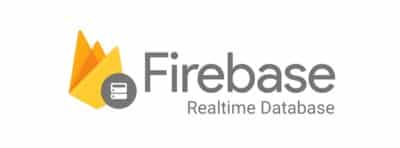
Type: NoSQL, Cloud Database
Overview: Firebase Realtime Database is a cloud-hosted NoSQL solution by Google, designed for building real-time, collaborative apps like messaging platforms and live dashboards.
Why It’s Popular in 2025:
-
Provides real-time data synchronization across devices, perfect for mobile and web apps.
-
Seamlessly integrates with other Firebase tools for authentication, analytics, and hosting.
-
Widely adopted by U.S. startups and developers focusing on quick app development.
What Sets It Apart:
Its real-time syncing capabilities and mobile-first approach make it a top choice for fast-moving app development projects.
With these databases leading the charge in 2025, it’s not just about picking what’s popular—it’s about finding the one that truly fits your needs. Whether you’re running a website, building the next big web app, or diving into new database technologies, the right choice can be the difference between good and groundbreaking.
Wrapping Up
Databases might not always get the spotlight, but they’re the backbone of everything we rely on—from simple website databases to the complex systems driving modern web app development services. In 2025, database technologies have stepped up their game, delivering faster performance, smarter scalability, and real-time capabilities that are reshaping what’s possible.
But at the end of the day, it’s not just about picking the most popular database—it’s about finding the one that fits your goals and helps you build something extraordinary. Whether you’re managing data for a small website or developing a groundbreaking web app, the right database can make all the difference.
Lets Power Your Project with the Right Database
Ready to build powerful web apps or upgrade your website databases? Our team of experts specializes in web app development services and database solutions tailored to your needs. Contact us today to unlock the potential of your data and technology!
